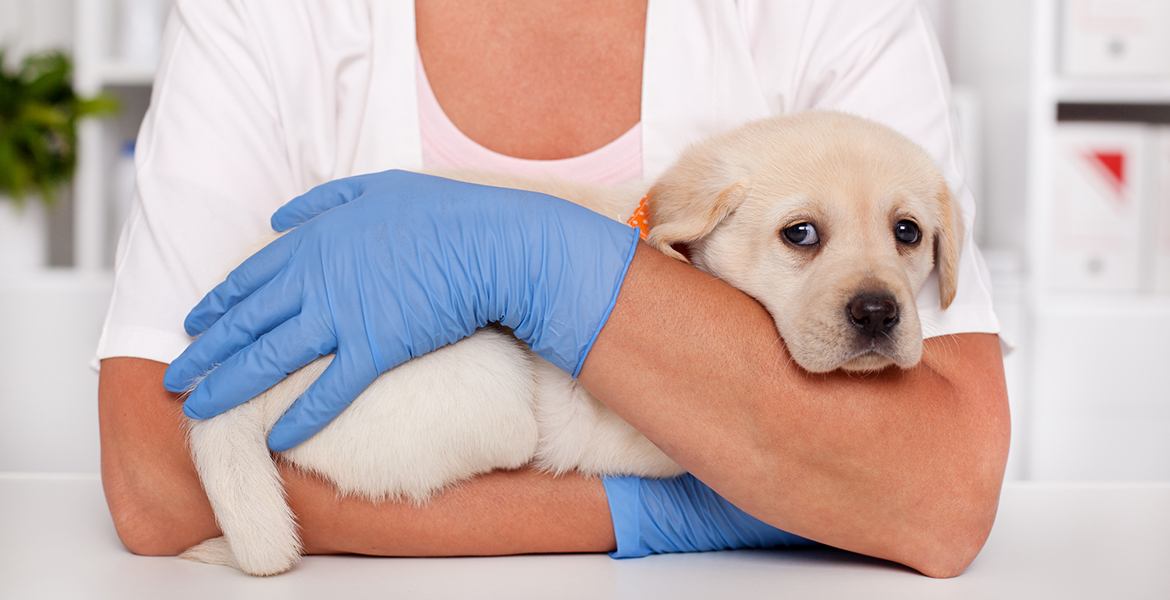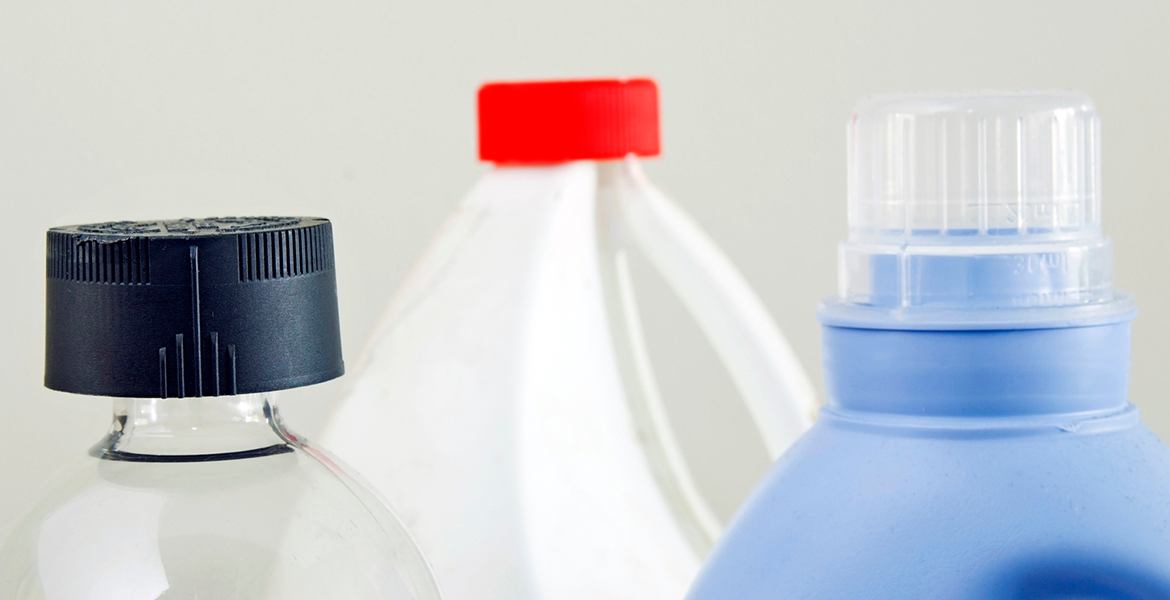Feb 26, 2020, 11:09 AM
As in human medicine, disinfection is of utmost importance in veterinary practices to stop the spread of infectious diseases. However, despite its importance, most veterinary staff are either unaware or confused about proper sanitation and go with run-of-the-mill products to serve their needs. F10 Products Limited is a South Africa-based brand that is widely recognized as the global leader when it comes to the formulation and manufacture of veterinary disinfectants and hygiene control products. Due to the brand’s success over the last 26 years, several competing products have appeared in the market claiming to be the «same» as F10, even to the extent of making the same claims in terms of dilution rates and contact time, while also being sold at a CHEAPER price. These «half-the-price» and «wannabe» products are in NO WAY identical to F10 and also come with numerous adverse side effects. In this write-up, we’ll be going through some of the common myths surrounding wannabe F10 products.

Myth #1 – These Products are «Tested» to be Effective like F10
While some of the individual compositions might be similar, the final formulation is never the same. Not only do they offer different test results against microorganisms in terms of speed of kill (log reduction time) and Minimum Inhibitory Concentration (MIC), but they also contain varying concentration of active ingredients. Many such sub-standard products are routinely stricken off the register due to the lack of efficacy as advertised. Another reason as to why you should be wary of such claims is that some of these «tests» are carried out by non-accredited laboratories having substandard procedures and unverifiable results.
Only F10 is consistent and subjected to quality testing in terms of uniformity and efficacy, focusing on speed of kill and minimum inhibitory concentration.
Myth #2 – These Products are «Registered and Approved» Similar to F10
Most users misunderstand such claims on approvals due to a lack of proper understanding of protocols and regulations. This information, or the lack thereof, has been exploited as an «added advantage» by rival manufacturers to sell cheaper products. It is vital to take note that approvals from regulatory bodies imply that ONLY the tested dilution of a specific product and not the entire range of products from the brand is sufficient for use during «a declared outbreak of a notifiable disease».
Another reason as to why these claims are entirely unfounded is that such tests are carried out on an experimental dilution that is altogether different from the recommended label dilution. Lastly, such approvals do not cover the product in terms of efficacy and safety for DAILY DISINFECTION USE.
Only F10 remains adherent to the fact that recommended dilutions, to be used for daily use and in cases of high risks, are the same as those on which tests are carried out by accredited laboratories that follow international standards.
Myth #3 – These Products are Safe like F10
Apart from being «approved», some of these sub-standard products are not tested for safety, toxicity, or environmental impact. These aspects are more so avoided as they do not appear to be a priority compared to testing against reported diseases. True enough, these products at given dilutions may eradicate pathogens but only at the expense of inducing toxic and harmful effects on both the animals and people applying them. Additionally, these chemicals also tend to be corrosive and can cause damage to expensive hospital equipment and instruments upon prolonged use.
Only F10's range of products is routinely tested for SAFETY, TOXICITY, and BIODEGRADABILITY.

Myth #4 – These «Concentrated» Products are Cheaper than F10
As mentioned, a lot of products are available on the market as a cheaper or «half-the-price» alternative to F10 products. However, the numbers do not lie!
Firstly, the comparison should not be made on just the final price; one needs to also look at the cost of the solution right after dilution. Although these cheaper products claim to be the same as a Super-Concentrate (SC), a careful inspection of their label recommendation will tell you that you need lower dilutions (more product required) when faced with high-risk bacterial challenges or high-risk scenarios. The bottled price is indeed cheaper, but since more of the product is needed for daily use and risk-related disinfections, you'll need to buy more. Does buying more at a lower price account to more savings?
Only F10 holds true to its claims of working as a SUPER CONCENTRATE, with a dilution ratio of 1:100 for high-risk scenarios. In addition to this, only F10 solutions remain stable and effective for up to six months.
Conclusion
Irrespective of the product in question, it is always recommended to check whether all the product claims made by manufacturers are supported by comprehensive, regular testing, documented by INDEPENDENT and CERTIFIED LABORATORIES that follow protocols which meet GLOBAL STANDARDS as in the case with F10 products. It is also imperative to check whether the quality and consistency of the products and dilutions being advertised are the same as those being claimed to be effective in testing scenarios. Factors like safety to animals and humans, as well as the environment, should also be considered while considering products that can be used for both daily hospital disinfection and high-risk scenarios.
In current times, when infectious diseases are easily transmitted between animals and humans, when biosecurity and hygiene play a critical role in disease prevention, should one consider quality over cost, when doing the match reveals the truth about these «half-priced» products? Is there a price tag against safety?
